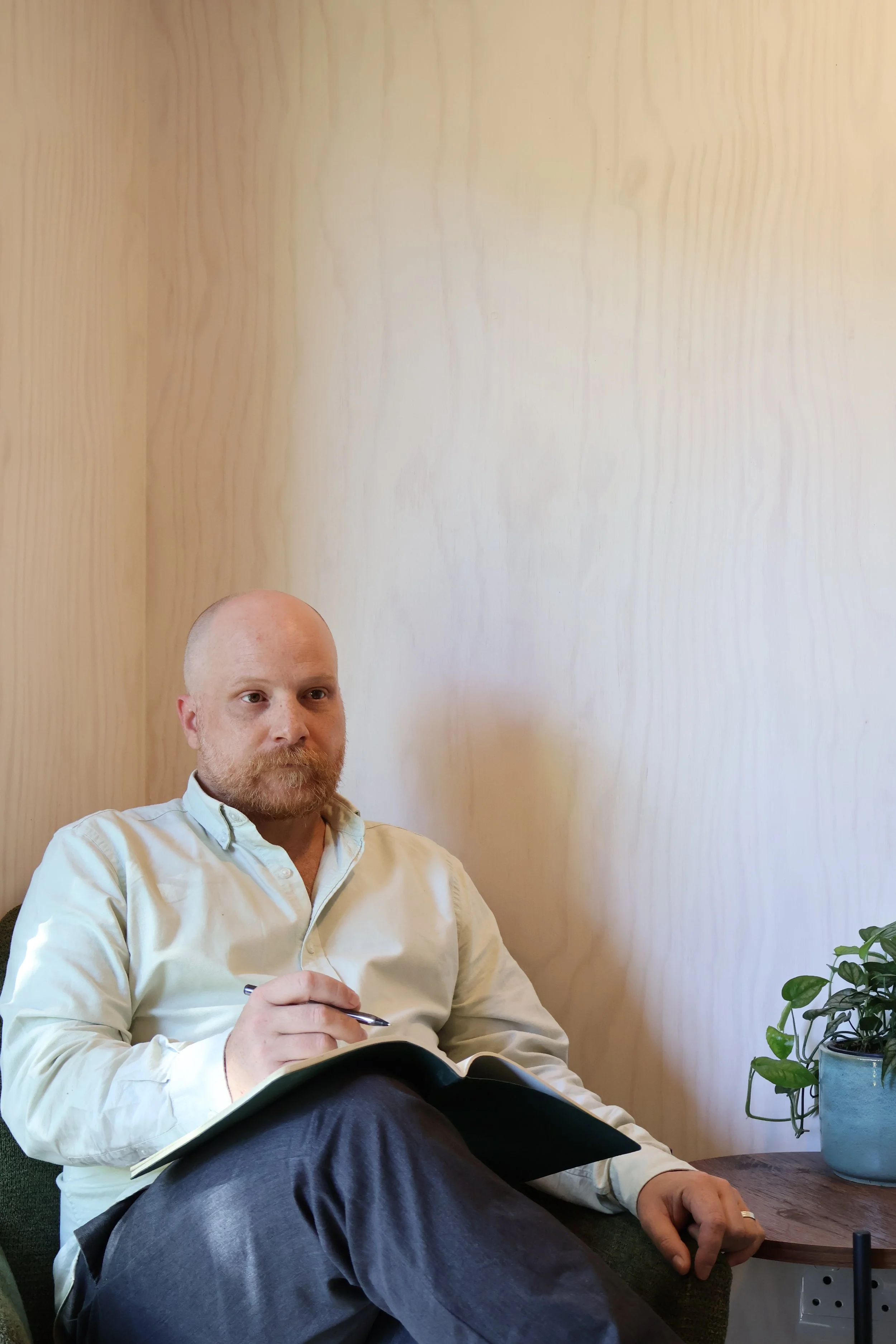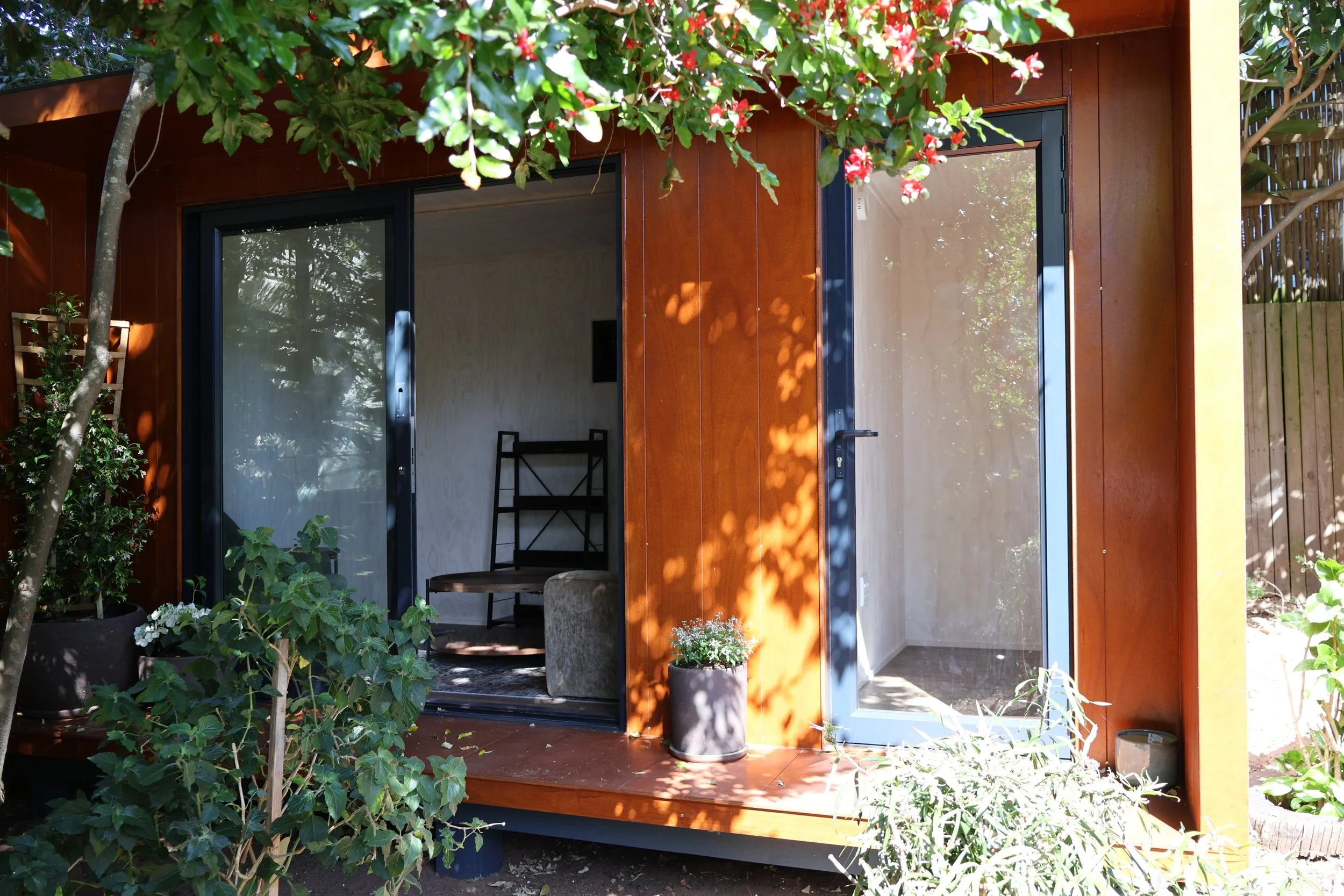Cheyne Beaton-Reeves
Counselling
Counselling is a collaborative and confidential process that provides a safe, supportive space to explore your thoughts, emotions, and experiences. It offers an opportunity to gain insight, develop coping strategies, and work toward personal growth and emotional well-being.
Through open and honest conversations, counselling can help you make sense of challenges such as stress, anxiety, relationship difficulties, or life transitions. It’s not about giving advice, but about empowering you to understand yourself better and find your own way forward.
What does the counselling process involve
The counselling process typically begins with an initial session where we discuss your reasons for seeking support and identify your goals. From there, we work together at a pace that feels comfortable to you. Each session provides space for reflection, skill-building and developing healthier ways of thinking, feeling, and relating to others.
Counselling can be short-term—focused on a specific issue—or longer-term, supporting deeper self-understanding and lasting change. Every person’s journey is unique, and counselling is tailored to meet your individual needs.
A little about me and my practice
I’m Cheyne Beaton-Reeves, a Registered Counsellor based in Rondebosch, Cape Town. I run my practice from a calm, garden-based space designed to offer comfort, privacy, and a sense of ease. I provide evidence-based, person-centred counselling and assessments to support individuals, couples, and organisations in fostering emotional well-being, resilience, and personal growth.
Common Challenges
-
Anxiety
Stress
Low Mood
-
Grief and loss
Relocations, immigration, new environments
Career changes or academic pressures
-
Family conflict
Marital or couple issues
Friendship or social difficulties
-
Self-Esteem and Self-Confidence
Identity Development
Finding Purpose
-
Past or recent traumatic events
Emotional, physical or sexual abuse
-
Anger Management
Substance Use
Unhealthy Coping
-
Bullying, peer pressure, or social difficulties
Academic stress or school adjustment
Family disruption



